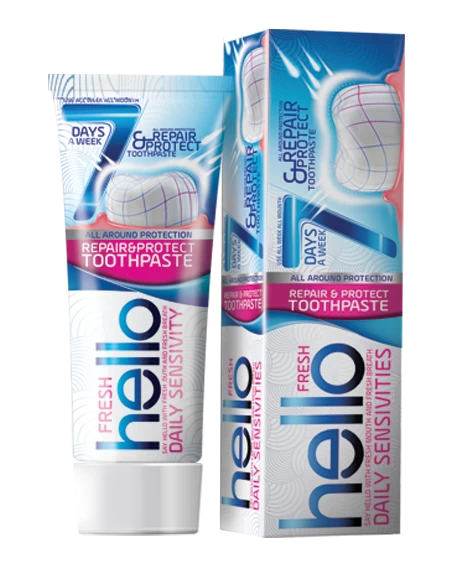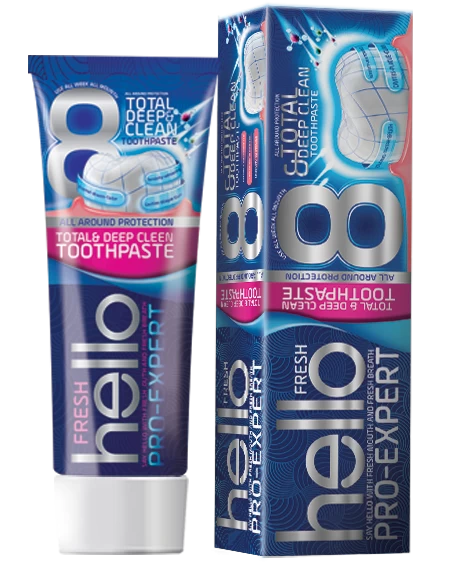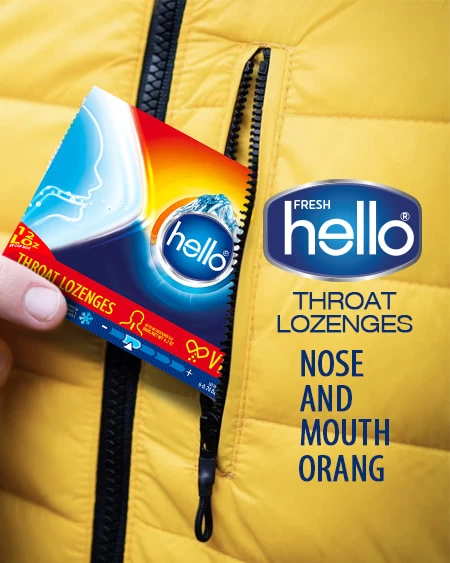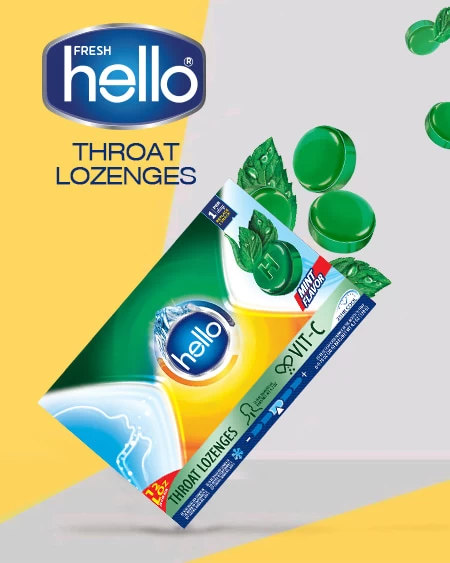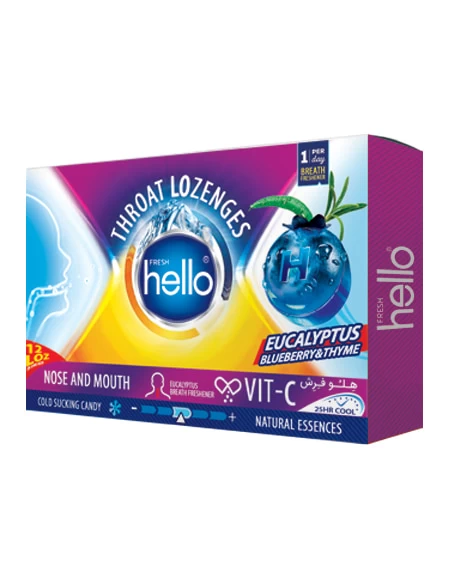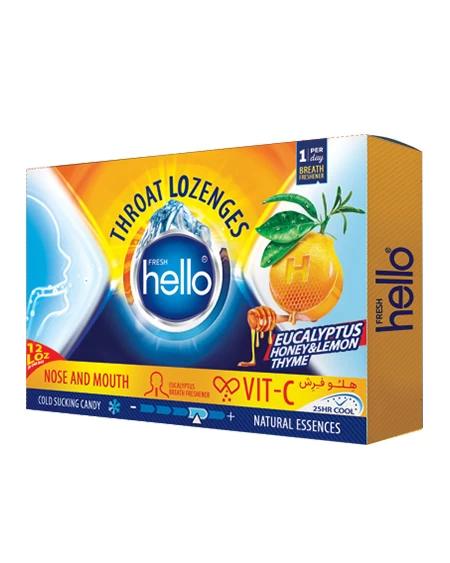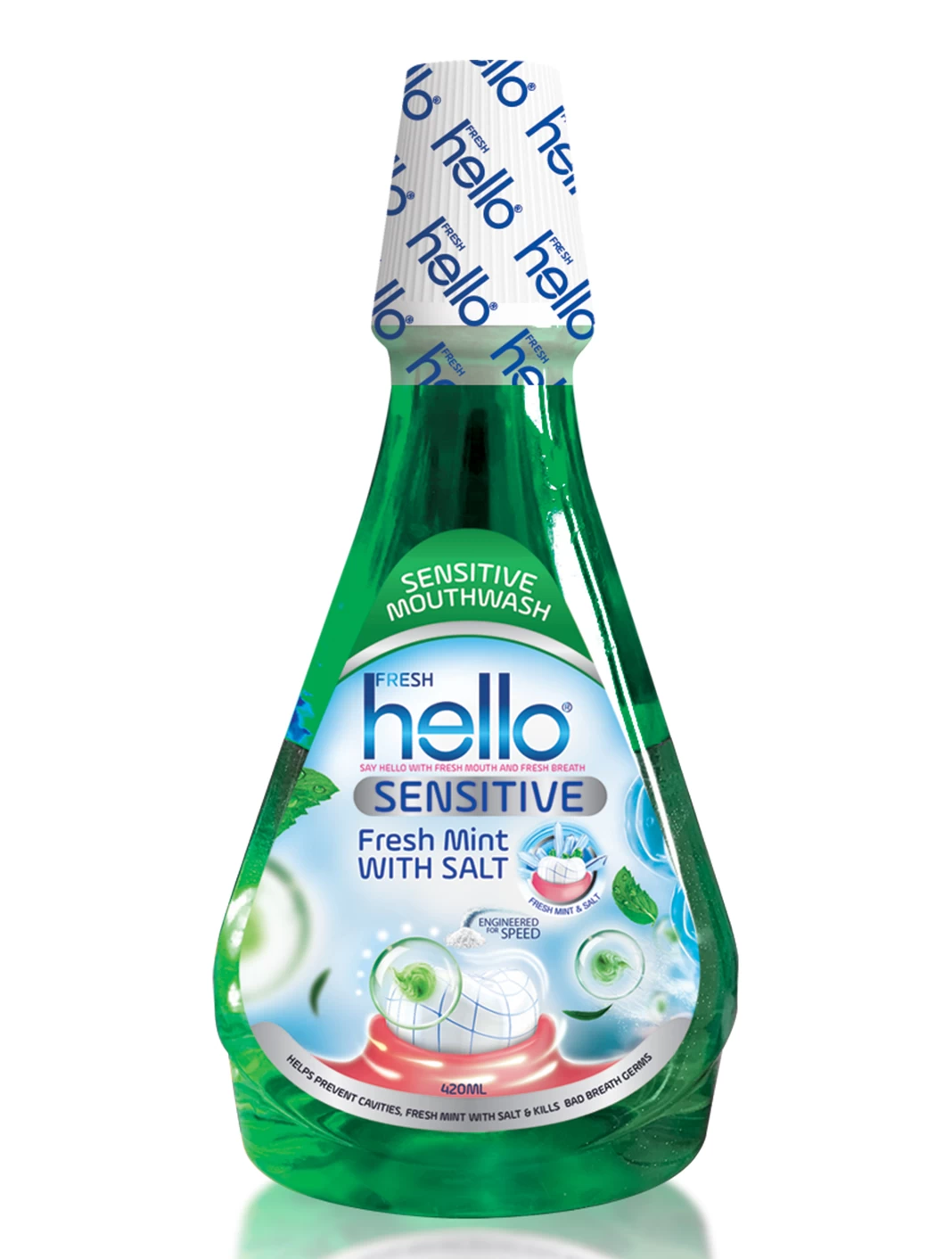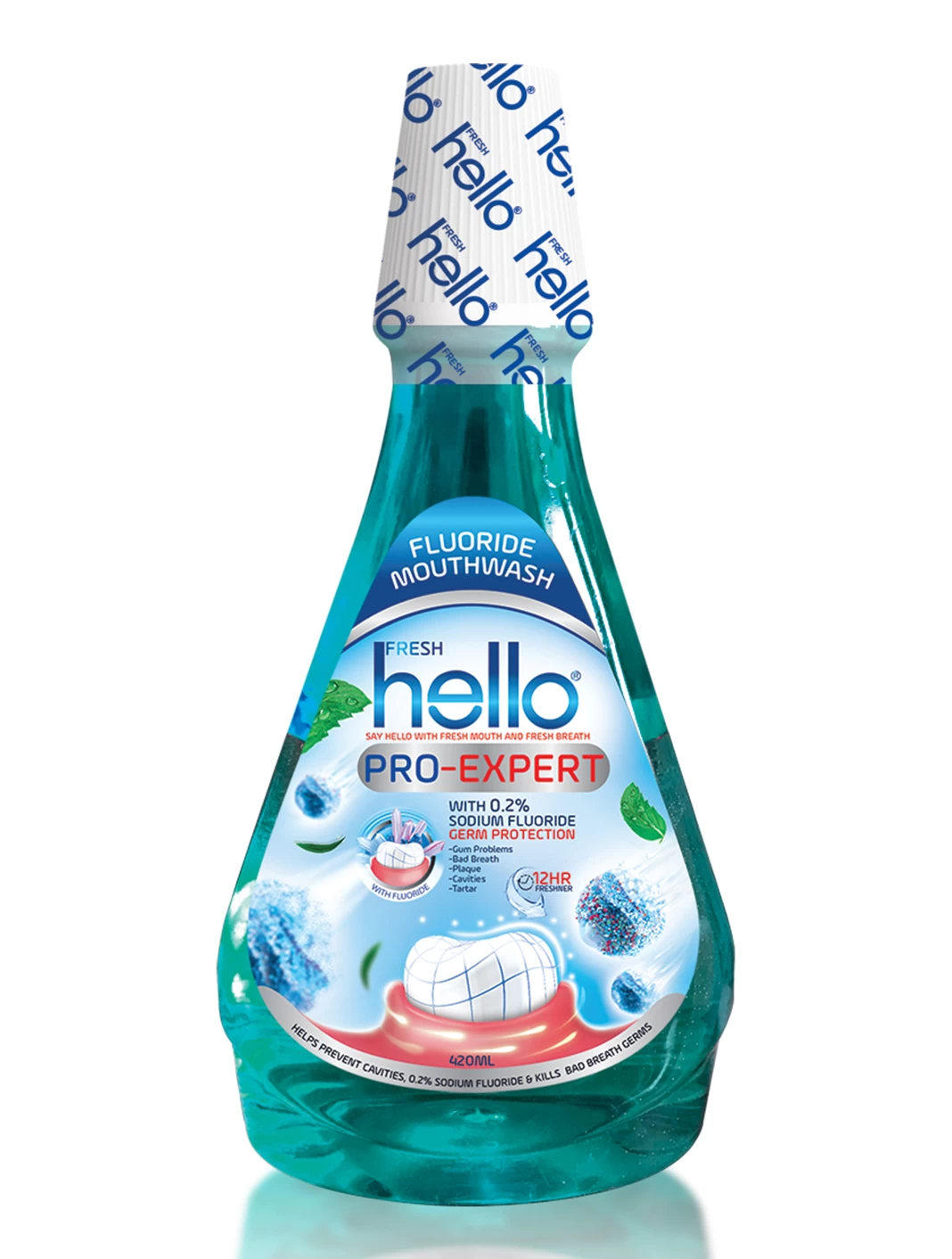Oral Hygiene
Oral hygiene refers to the practices and behaviors that help maintain the health of the mouth, teeth, and gums. Proper oral hygiene is essential for preventing dental problems like tooth decay, gum disease, and bad breath.
The key components of good oral hygiene include:
1. Brushing teeth: Brushing at least twice a day (morning and night) with a soft-bristled toothbrush and fluoride toothpaste helps remove plaque and food debris from teeth. Brushing should last for at least 2 minutes each time.
2. Flossing: Flossing once a day helps remove plaque and food particles from between teeth where a toothbrush can't reach. This prevents the buildup of plaque that can lead to gum disease.
3. Using mouthwash: An antiseptic mouthwash can help kill bacteria, reduce plaque, and prevent gingivitis (early stage of gum disease).
4. Eating a tooth-healthy diet: Limiting sugary and acidic foods/drinks and eating crunchy fruits and vegetables can help strengthen tooth enamel.
5. Regular dental check-ups: Seeing a dentist regularly (usually every 6 months) for professional cleanings and oral exams helps catch and prevent dental problems early.
Maintaining good oral hygiene habits helps keep the mouth clean, the teeth strong, and the gums healthy. This reduces the risk of cavities, gum disease, and other dental issues over the long term.
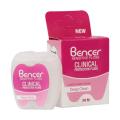
Oral hygiene is an important component of personal care for several key reasons:
1. Dental and Oral Health: Proper oral hygiene helps prevent various dental and oral health problems such as tooth decay, gum disease, bad breath, and even tooth loss. By keeping the mouth clean, you can avoid painful and costly dental treatments down the line.
2. Overall Health: Poor oral health has been linked to an increased risk of other health issues like heart disease, stroke, diabetes, and Alzheimer's disease. Maintaining good oral hygiene helps protect your overall bodily health.
3. Appearance and Self-Confidence: A bright, healthy smile can significantly impact your appearance and self-confidence. Practices like brushing, flossing, and using whitening products can keep your teeth looking their best.
4. Hygiene and Freshness: Regular oral hygiene like brushing and using mouthwash helps eliminate bad breath and keep your mouth feeling fresh and clean throughout the day.
5. Social Interactions: Good oral hygiene is important for positive social interactions, as poor dental health can make people self-conscious or unwilling to smile, laugh, or speak openly.
6. Cost Savings: Investing time in daily oral care can help you avoid expensive dental treatments down the road that result from neglecting your dental health.
In summary, making oral hygiene a consistent part of your personal care routine is crucial for maintaining dental, physical, and social well-being. It's a simple but vital aspect of overall health and self-care.
There are certain foods and beverages that can be particularly harmful to teeth and contribute to tooth decay and enamel erosion.
Some of the main culprits include:
1. Sugary foods and drinks:
- Candy, cookies, cakes, and other sweets
- Soda, sports drinks, and fruit juices
Sugar provides a food source for the harmful bacteria in your mouth that produce acid, which can wear down tooth enamel and cause cavities.
2. Acidic foods and drinks:
- Citrus fruits like oranges, lemons, and grapefruits
- Tomatoes and tomato-based sauces
- Wine, especially white wine
- Sports drinks and energy drinks
The acidity in these items can directly erode tooth enamel over time.
3. Starchy foods:
- Bread, pasta, potato chips, and crackers
- Dried fruits
Starchy foods can also feed the bacteria that produce enamel-damaging acid.
4. Sticky, chewy foods:
- Caramel, taffy, and dried fruit
- Honey and syrup
These items tend to cling to teeth, prolonging the exposure to sugar.
To protect your teeth, it's best to limit consumption of these cavity-promoting foods and drinks, especially between meals. When you do indulge, be sure to brush your teeth soon after to help remove the harmful substances from your teeth.
Oral hygiene products are generally considered to be health products rather than beauty products, though they can have an impact on personal appearance and confidence as well.
The primary purpose of oral hygiene products is to maintain dental and oral health. Items like toothbrushes, toothpaste, dental floss, mouthwash, and interdental cleaners are designed to remove plaque, prevent tooth decay, control bad breath, and promote healthy gums. Their main function is to improve and preserve the health of the teeth, gums, and overall oral cavity.
While having a bright, healthy smile can certainly enhance physical appearance and self-esteem, oral hygiene products are not primarily marketed or used for cosmetic purposes. They are considered essential for preventative healthcare and hygiene, rather than discretionary beauty treatments.
In contrast, beauty products like lipstick, teeth whitening kits, and certain mouth rinses may have more of a focus on aesthetic enhancement and improving the appearance of the teeth and mouth. However, even these types of products often incorporate oral health benefits as a secondary feature.
So in summary, oral hygiene products fall solidly into the health and personal care category, even though they can provide beauty benefits as a ancillary effect. Their primary purpose is to support good dental and oral health, which is a fundamental aspect of overall health and wellbeing.
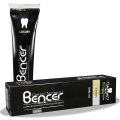
There are several common beauty products that can also provide some oral health benefits, including:
1. Teeth Whitening Products:
- Whitening toothpastes
- Whitening strips and gels
- Professional whitening treatments
These products can help remove stains and discoloration, brightening the appearance of teeth. Many contain ingredients like hydrogen peroxide that can also help kill bacteria.
2. Mouthwashes:
- Anti-gingivitis mouthwashes
- Mouthwashes with fluoride
- Breath freshening mouthwashes
In addition to freshening breath, some mouthwashes contain antibacterial agents or fluoride to help prevent gum disease and tooth decay.
3. Lip Balms and Glosses:
- Lip balms with SPF protection
- Medicated lip balms with ingredients like menthol
These can help hydrate and protect the delicate skin of the lips, preventing chapping and cracking that could lead to oral infections.
4. Chewing Gum:
- Sugar-free gum with xylitol
- Gum with breath freshening ingredients
Chewing gum can increase saliva flow, which helps wash away food debris and neutralize acid. Xylitol also has anti-cavity properties.
5. Tongue Cleaners:
- Tongue scrapers
- Tongue brushes
Using a tongue cleaner can help remove bacteria, food particles, and dead cells that contribute to bad breath.
While these beauty products provide some oral health benefits, it's important to note that they are not a substitute for core dental hygiene practices like regular brushing, flossing, and dental check-ups. But they can be a useful complementary part of an overall oral care routine.

- Candy, cookies, cakes, and other sweets
- Soda, sports drinks, and fruit juices
- Citrus fruits like oranges, lemons, and grapefruits
- Tomatoes and tomato-based sauces
- Wine, especially white wine
- Sports drinks and energy drinks
- Bread, pasta, potato chips, and crackers
- Dried fruits
- Caramel, taffy, and dried fruit
- Honey and syrup

- Whitening toothpastes
- Whitening strips and gels
- Professional whitening treatments
- Anti-gingivitis mouthwashes
- Mouthwashes with fluoride
- Breath freshening mouthwashes
- Lip balms with SPF protection
- Medicated lip balms with ingredients like menthol
- Sugar-free gum with xylitol
- Gum with breath freshening ingredients
- Tongue scrapers
- Tongue brushes
FAQs
What are the key elements of a good oral hygiene routine?
Brushing teeth twice a day, flossing daily, using an antiseptic mouthwash, and seeing a dentist regularly for cleanings and checkups.
How can poor oral hygiene impact overall health?
Neglecting oral hygiene can lead to gum disease, which has been linked to an increased risk of conditions like heart disease, stroke, and diabetes.
What types of foods and drinks are most harmful to tooth enamel?
Sugary, acidic, and starchy foods and beverages like soda, citrus fruits, and sticky candies can erode tooth enamel and contribute to cavities.
Can certain beauty products provide any oral health benefits?
Yes, products like whitening toothpastes, antibacterial mouthwashes, and xylitol-sweetened chewing gum can help improve the appearance and health of teeth and gums.
 +7929688-88-14
+7929688-88-14

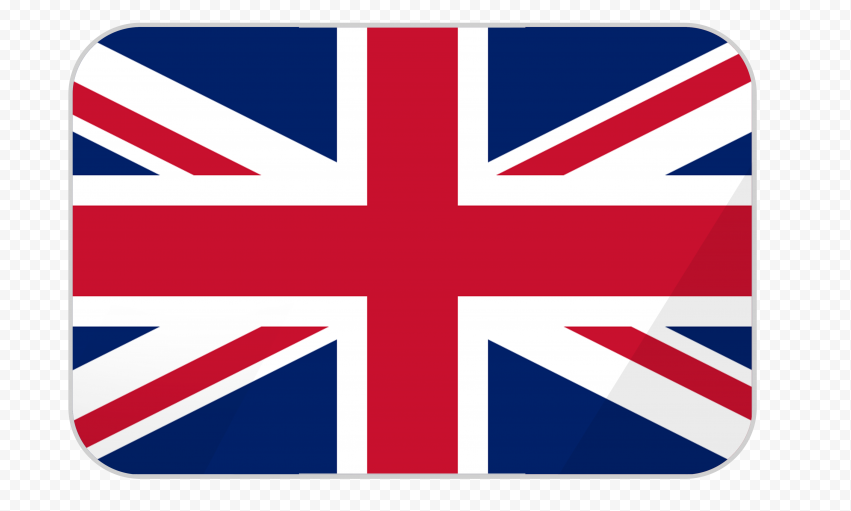 English
English
 Persian
Persian
 Russian
Russian
 Chinese
Chinese


 +7929688-88-14
+7929688-88-14




